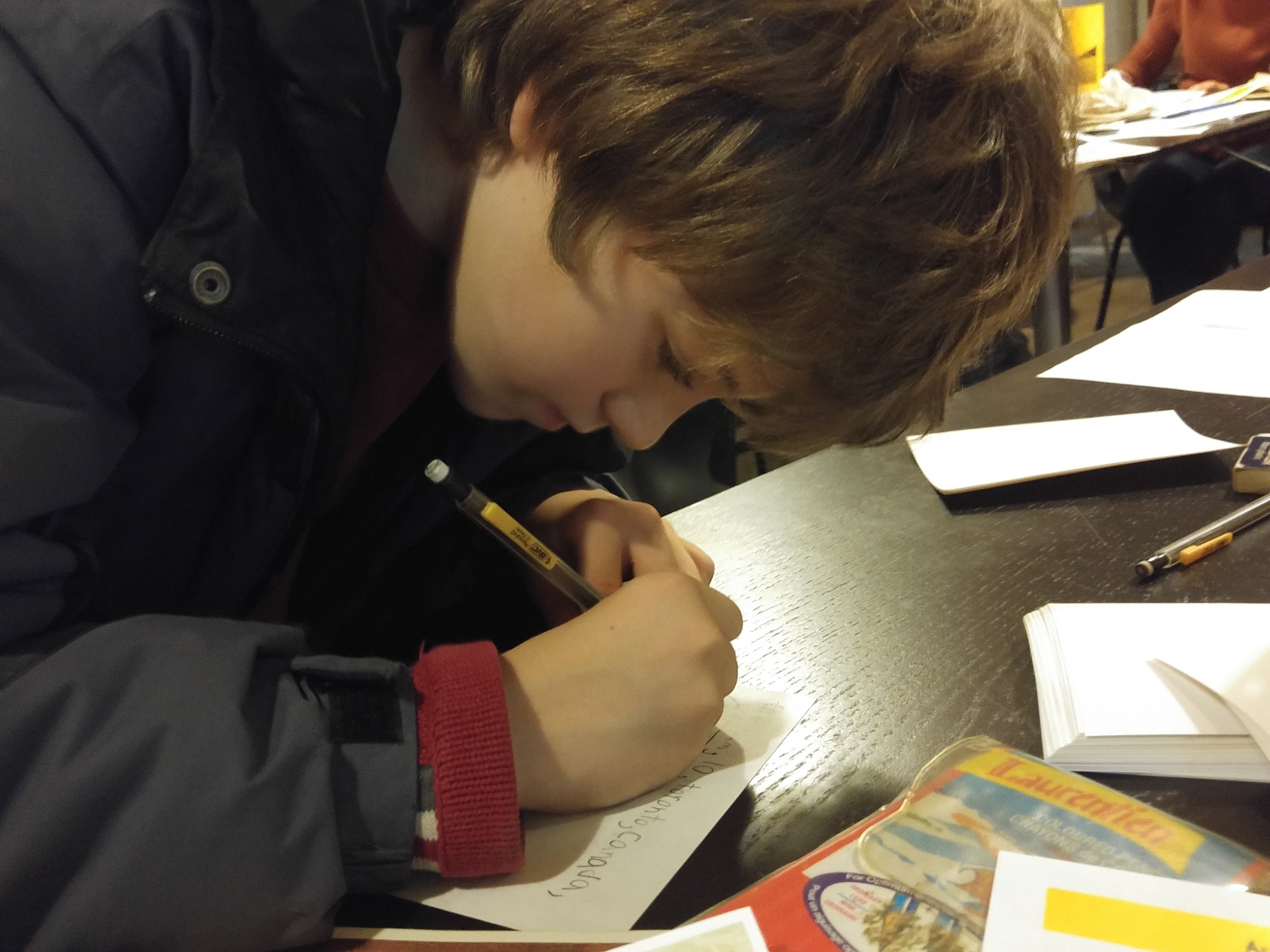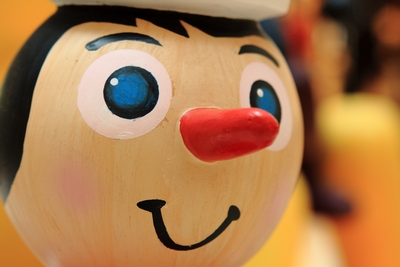I was a fabulous older sister—well, at least most some of the time.
I can take credit for teaching my three younger sisters how to read and for keeping them entertaining in the back of a 1970s station wagon for hours at a time (provided they were prepared to play my games by my rules, of course; being the oldest sister is not without its privileges).
But, in the interests of full disclosure, I should probably own up to some of the less-than-stellar moments in my career as a sister—how I would broker unfair deals when it came to trading Halloween candy (“I’ll give you this yummy red piece of licorice if you’ll give me three of those little chocolate bars!”) and how I was more dictatorial than democratic when it came to power-sharing. (I took my role as oldest sister very seriously.)
Sibling relationships have their up and down moments, for sure (and sometimes there are considerably more downs than ups). If your kids are going through a stage where they can’t be in the same room without squabbling about something, you may be having a hard time remembering what inspired you to have more than one child.
It you’re feeling worn down by the bickering and beginning to seriously wonder if your children will ever be anything but mortal enemies, take heart. Sibling relationships are a long game: think marathon, not sprint. The two school-aged siblings who can’t stand to sit beside one another in the car could very well be best buddies and one another’s fiercest defenders by the time they hit high school or college.
I witnessed just such a sibling miracle between two of my own four children this past weekend, when one kid rolled up his sleeves to pitch in to help another kid with a highly frustrating and involved car repair. And there have been other spontaneous eruptions of sibling kindness and goodwill in recent years—enough to leave me confident that all four kids will love, nurture, and look out for one another in years to come; that they’ll benefit from the same kind of loving relationships with one another that I enjoy with my three sisters, who have turned out to be my greatest allies and strongest supporters.
What more can a parent hope for, after all?
Ann Douglas is the author of numerous books about pregnancy and parenting, including The Mother of All Parenting Books. Her most recent book is Parenting Through the Storm -- a guide to parenting a child who is struggling with a mental health, neurodevelopmental, or behavioural challenge.







